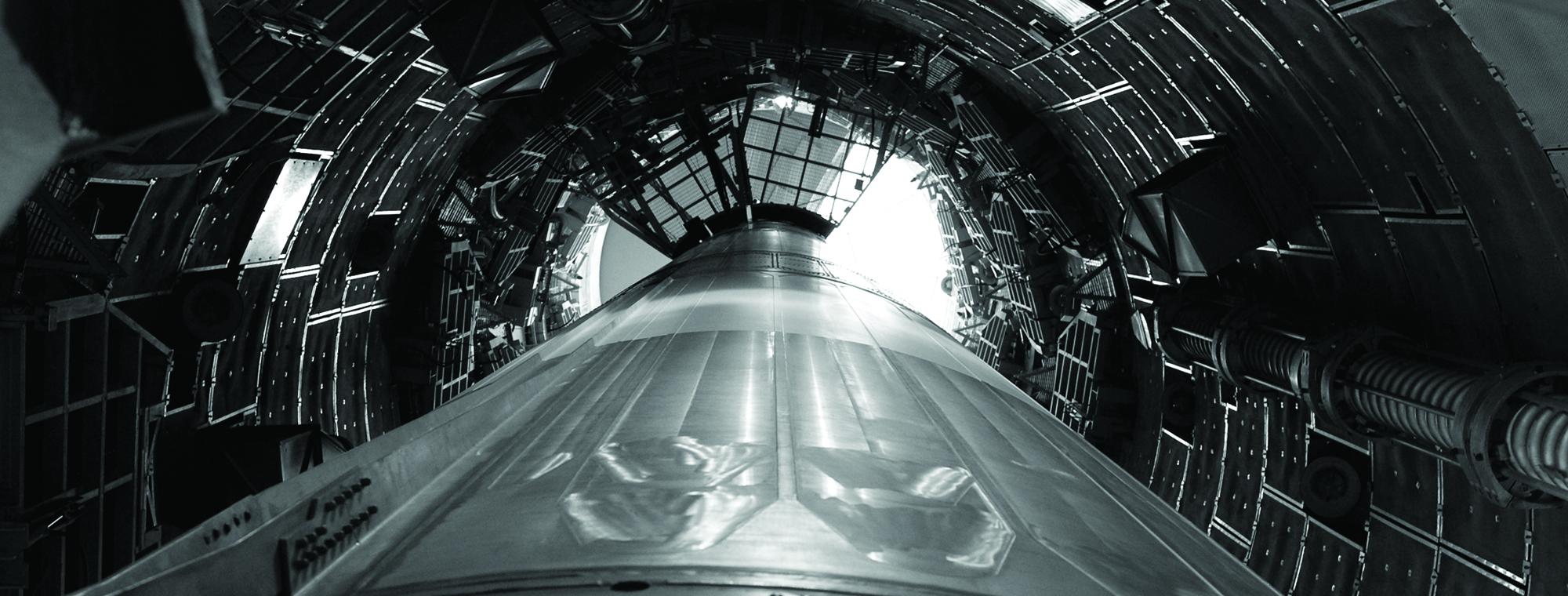Right now the world faces two existential threats: climate change and nuclear weapons.
While climate change gets a great deal of attention in the press, the grave danger posed by nuclear weapons is too often forgotten. And yet former Secretary of Defense Bill Perry argues that the risk of a nuclear weapon destroying a major city is greater today than it was during the Cold War. Unlike the harms of climate change, which are unfolding slowly and may be partly undone, the detonation of a nuclear weapon will be instantaneous and irreversible.
As the author of the book Fast Food Nation and a co-producer of the documentary Food, Inc., I've tried hard to focus attention on issues of great national importance that aren't being addressed.
For the past nine years, I've been deeply immersed in the world of nuclear weapons, obtaining thousands of pages of classified documents through the Freedom of Information Act, spending time with the people who design, maintain, and control these weapons—the most dangerous machines ever invented. And I've learned that, like all machines, nuclear weapons can go wrong. They can go terribly wrong.
My book, Command and Control, explores how close the United States came during the Cold War to having its own nuclear weapons detonate by accident on American soil. Robby Kenner, the director of Food Inc., has made a documentary based on the book, also called Command and Control. It's a non-fiction thriller that tells the minute-by-minute story of a nuclear weapon accident that almost incinerated much of Arkansas. The book and the film aren't meant to depress you. They are meant to inform, entertain, and remind you that thousands of these machines are out there, right now, loaded on top of missiles, literally ready to destroy the world.
I've come to believe that the same weapons created to protect us now gravely endanger us. Every nation that has nuclear weapons is jeopardized by them. We were lucky to escape the Cold War without losing any cities to a nuclear blast. But a new cold war is now taking hold—and the problem with luck is that eventually it runs out.
There is nothing inevitable about the nuclear threat that we now face, and the danger can be greatly reduced.
If you are in the Seattle area, please join me at the Ploughshares Fund event on November 29 to learn more about how we can do it.
The Future of the Command and Control of Our Nuclear Weapons
Tuesday, November 29 from 6:00 to 9:00pm Four Seasons, 99 Union Street, Seattle, WA (map)
Tickets are $100 and must be purchased in advance.
Note: The event will also feature a sneak peek of the bomb, a groundbreaking multimedia installation that was the closing night event at the Tribeca Film Festival this spring. the bomb was created by Smriti Keshari and me, and was projected on massive floor to ceiling screens that completely surrounded the audience. It has an original soundtrack by The Acid and animation by Stanley Donwood, the visual genius behind Radiohead's artwork. the bomb fully immerses the audience in the strange, compelling, and deeply unsettling reality of nuclear weapons. We are thrilled to bring this sneak peek of the bomb to Seattle.
Eric Schlosser
Photo: Titan missile by Matt Blaze
Command & Control author Eric Schlosser, committed to reducing & eliminating #nuclear threats.





